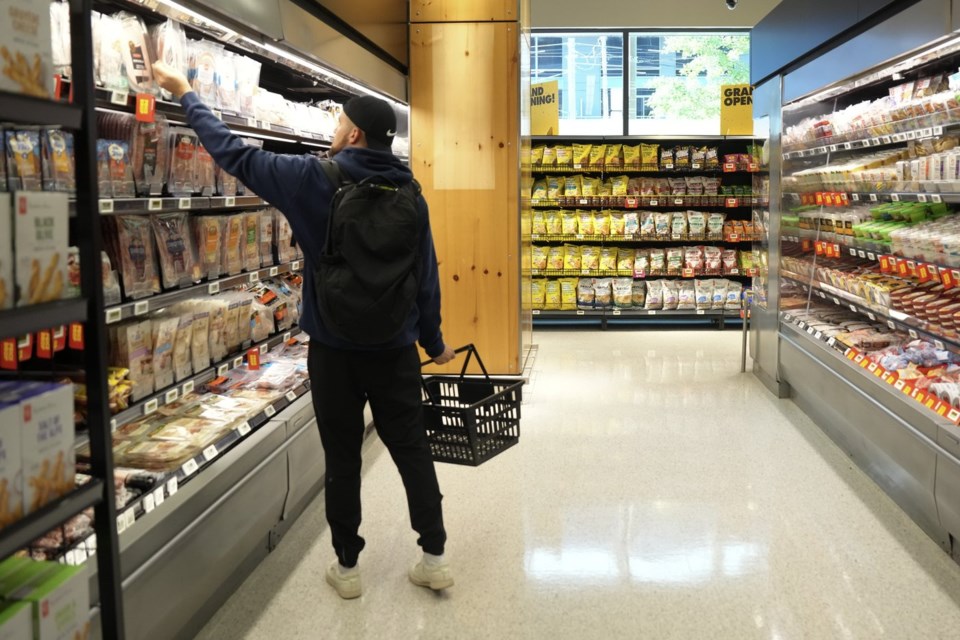Food prices in Canada will likely go up by three to five per cent next year, according to the 15th annual food price report released Thursday by a partnership that includes researchers at Dalhousie University, the University of Guelph, University of Saskatchewan and University of British Columbia.
The researchers say a Canadian family of four can expect to spend $16,833.67 on food in 2025, a more than $800 increase.
But some food categories are expected to rise in price faster than others. Here's a breakdown of what the researchers predict.
Meat
The report says meat prices could rise four to six per cent in 2025, due in part to record-high beef prices. Years of drought in the West mean cattle herds have been shrinking, driving up prices for beef.
As of July 1 this year, Canada's total cattle herd was the smallest it's been since 1987, the report said, with an even more dramatic decline in the U.S.
Higher feed costs and interest rate hikes have also contributed to the squeeze, and some producers have been leaving the industry. The report predicts consumers will be eyeing other forms of protein that aren't seeing such significant price increases, such as fish or pork.
Vegetables
The price of vegetables is expected to rise between three and five per cent next year, the report said.
The Canadian dollar has been on the decline compared with the U.S. dollar, which makes imported foods more expensive, the report said, and this is likely to continue.
According to Agriculture and Agri-Food Canada, the country is the fifth-largest fresh vegetable importer worldwide.
In 2023, Canada imported more than $3.9 billion in fresh vegetables, with about 60 per cent of that coming from the U.S.
Climate change is also making it tougher for producers, as extreme weather makes it harder to grow crops predictably.
Restaurants
Prices at restaurants are expected to rise three to five per cent next year.
Industry groups have said restaurant owners continue to grapple with rising costs even as food inflation has slowed, including higher insurance, labour costs and interest rates.
Other
Bakery prices are set to see a more modest increase of between two and four per cent, as are dairy prices.
Fruit and seafood are both set to see price increases of one to three per cent.
This report by The Canadian Press was first published Dec. 5, 2024.
The Canadian Press




